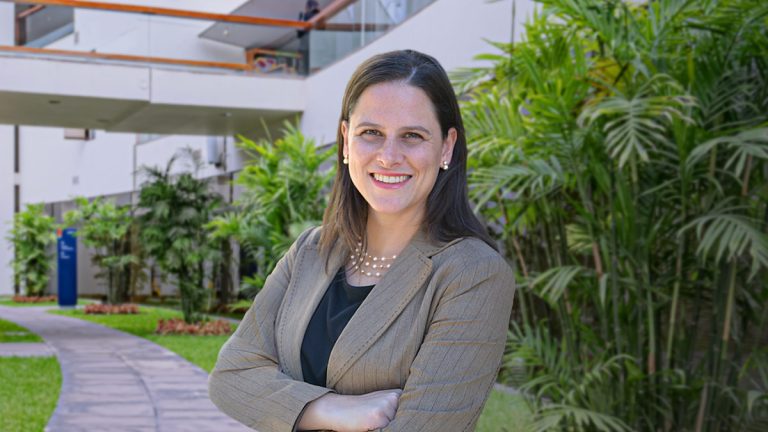This paper aims to identify the extent to which neurodiverse individuals experience fair representation in public sector organizations in Egypt and the main factors that foster such representation. A systematic qualitative research method was used with data collected through semi-structured interviews with 36 street-level bureaucrats who have the title “general manager.” The findings show the underrepresentation of neurodiverse individuals in the Egyptian public sector. Moreover, we consider the three main categories of barriers hindering the active participation of people with neurological conditions in the Egyptian public sector to be as follows: individual barriers (inability to create social dialogue, lower educational level), organizational barriers (neurotypical employees lack the socio-cultural readiness to accept neuro-atypical colleagues, traditional means of recruiting, lack of flexibility of jobs in public organizations) and national barriers (high unemployment rate among neurodiverse individuals in Western countries, discretionary power granted to public employees, slow adoption of the social approach to disability in the Egyptian context).
Referencia:
Mohamed Mousa, Beatrice Avolio & Saeed Pahlevan Sharif(2023)Emancipation and Street-Level Bureaucracy in non-Western Contexts: The Representation of Neurodiverse Individuals in Public Sector Organizations,Public Integrity,DOI: 10.1080/10999922.2023.2247867



